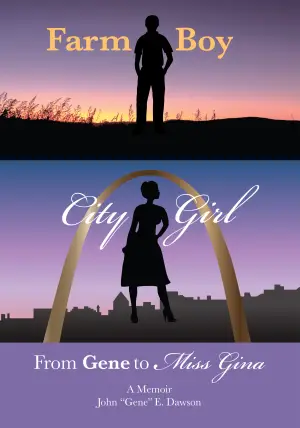Book Review: Malinalli by Veronica Chapa
From the moment I saw the stunning cover of Malinalli, I felt an undeniable pull toward its pages. Veronica Chapa’s debut offered the promise of magic, history, and a revisitation of a significant yet often overlooked figure: Malinalxochitl, or La Malinche. As someone who seeks fresh perspectives on myth and history, I was eager to dive in, especially after receiving an ARC through NetGalley on December 19, 2024—a gesture that certainly did not sway my opinion of the book.
The premise immediately tantalizes—the exploration of a young Indigenous Nahua woman navigating the tumultuous waters of her culture’s demise at the hands of Spanish conquistadors. However, as I turned the pages, I found myself grappling with two core reasons why Malinalli fell short for me.
Firstly, the writing style echoed that of popular feminist myth retellings like Circe and The Witch and the Tsar, a trend that I honestly wish would find a natural conclusion. The surface-level "GirlBoss" themes felt like a disservice to the richness of Malinalli’s story. While the intention to empower is commendable, the execution seemed hindered by a lack of depth and intersectionality, leaving me questioning the authenticity of the narrative.
Secondly, the magical elements felt less like integral components of a fantasy and more like mere window dressing. There were moments when characters exhibited inexplicable magical prowess—visions shared between twins, sudden expertise in embroidery, and animated stitches—but these occurrences felt rushed and glossed over without real impact or emotional resonance. This absence of engagement with the magical elements left me perplexed, especially since the book was classified as speculative fiction on NetGalley.
Moreover, the pacing of the novel contributed to my difficulties in fully immersing myself in the story. Major events raced by, denying readers the chance to absorb their significance or form connections with the characters. Without the requisite emotional buildup, the gut-punch moments that should have landed with force often fell flat. A longer narrative, allowing for moments of reflection and character development, might have transformed the experience entirely.
One striking aspect was Malinalli’s perspective on human sacrifice, a practice so ingrained in her culture. Her vehement opposition felt oddly constructed, leading me to wonder if Chapa was attempting to balance cultural authenticity with contemporary values—an endeavor that unfortunately veered toward dissonance.
The initial blurb for the book marketed it as "The Woman in the Obsidian Mirror," presenting a richer narrative framework that raised my expectations. The idea of an epic, magical tale against the backdrop of the Aztec Empire was captivating, yet the execution left me yearning for a deeper exploration.
Despite my critiques, I see a potential audience for Malinalli, particularly among fans of historical fiction rather than those seeking a rich fantasy experience. Chapa’s portrayal of Malinalli has merit, and her story resonates with themes of loyalty, revenge, and the struggle for identity amid chaos.
Ultimately, reading Malinalli provided an interesting reflection on the complexities of retelling historical narratives through a modern lens. It was a journey, albeit a somewhat bumpy one, and while it didn’t fully meet my expectations, I believe it will find its home among readers who appreciate history with a sprinkle of magic. As for me, I’ll be curious to see how Veronica Chapa continues to evolve as a storyteller.












